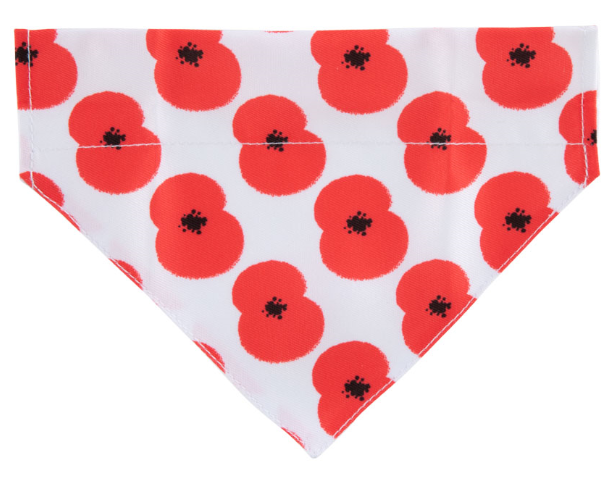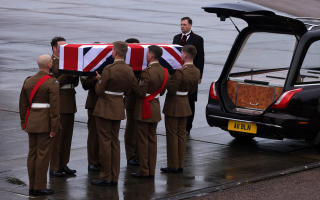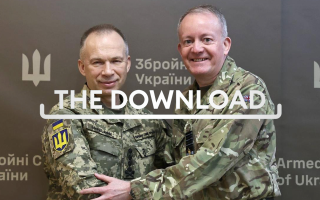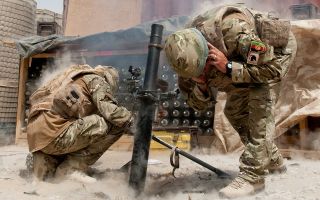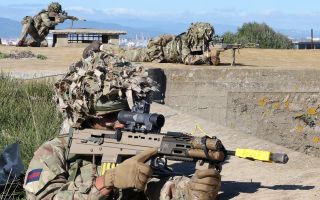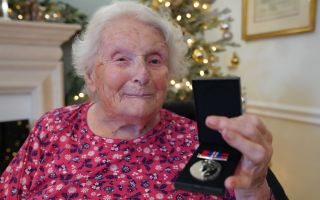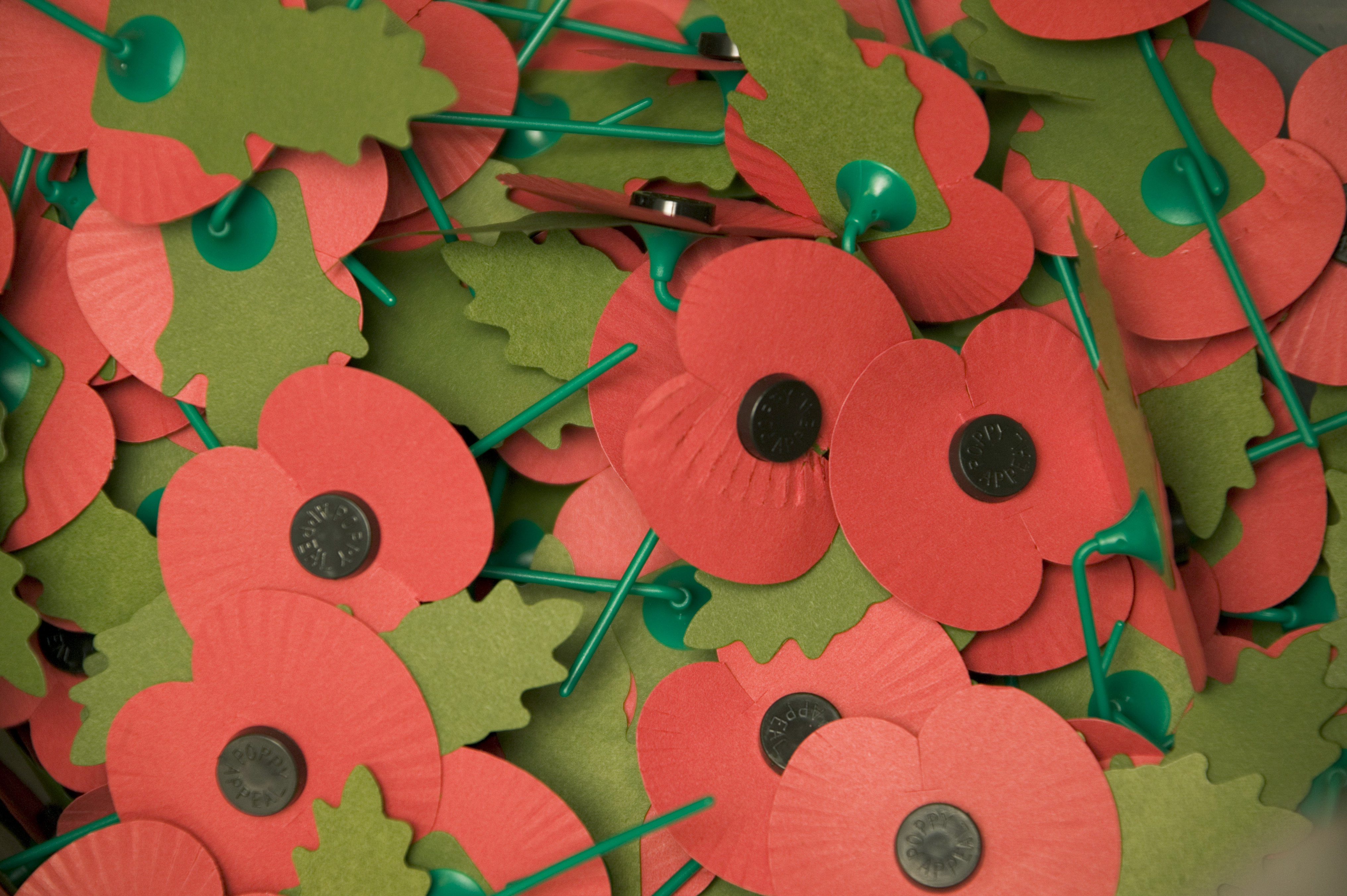
Remembrance Day: Why we wear poppies and other ways to show remembrance

Alongside the traditional paper poppy, there are now many other ways to show support for the fallen men and women of the Armed Forces during the Remembrance period.
What is Remembrance and when did it start?
Armistice Day is a day of remembrance that marks the end of the First World War. At the 11th hour of the 11th day of the 11th month, the fighting stopped, and 11 November became Armistice Day.
More than 100 years later, we still pay our respects to those in our Armed Forces and those who have paid the ultimate sacrifice for our freedoms.
- Chief of Defence Staff joins Poppy Appeal in run-up to Remembrance Sunday
- Remembrance Day: Why we wear poppies and other ways to show remembrance
- Chelsea release new limited-edition poppy pre-match top to coincide with Remembrance
How is Remembrance marked?
On Remembrance Sunday, the second Sunday in November, in London, the Remembrance Day parade ends at the Cenotaph in Whitehall, where members of the royal family, political leaders, veterans, serving personnel and members of the public gather to pay their respects.
Across the country, towns, villages and cities mark Remembrance with parades and church services to remember the fallen on this day.
Then, at 11:00 on 11 November – Armistice Day – a two-minute silence is held across the country and the Commonwealth.
The Festival of Remembrance takes place on the Saturday closest to 11 November, hosted by the Royal British Legion to commemorate those who have lost their lives in conflicts across the years.
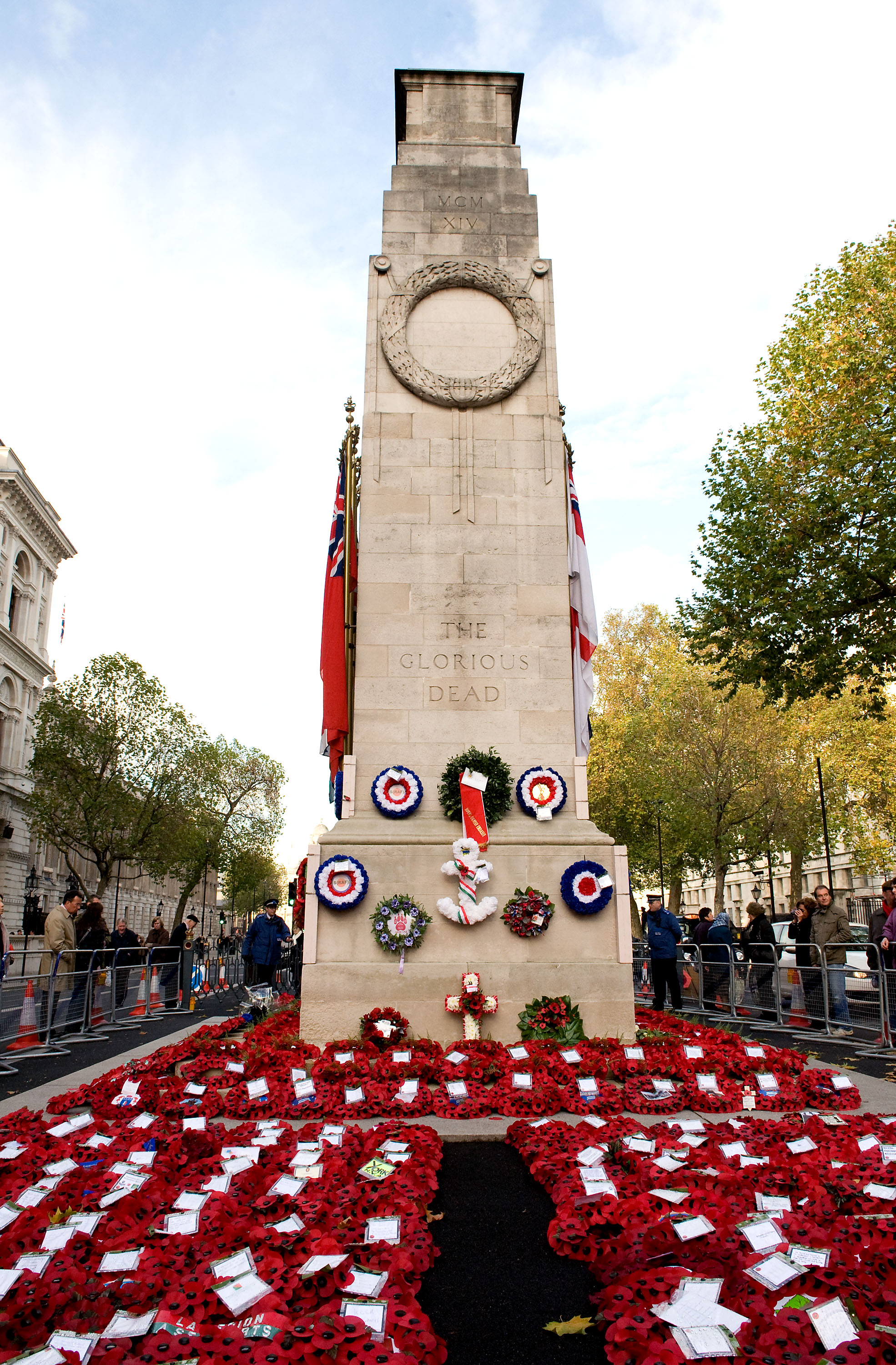
Why do we wear poppies?
The poppy was chosen as the symbol of remembrance after the end of the First World War, when the battlefields turned into poppy fields.
The RBL website says: "The poppy is a symbol of Remembrance and hope, including hope for a positive future and peaceful world."
You can now show support with a multitude of different things: poppy bandanas for pets to wear around their necks, jewellery, including pendants, bracelets, brooches, badges, cufflinks and earrings, football team pins, and a whole variety of other poppy-related items from the Royal British Legion Poppy Shop and their partners.
